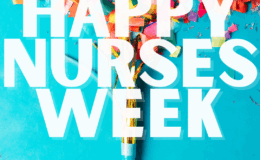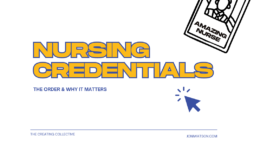Since I awoke Friday morning to the news of the 8.9 earthquake in Japan, I cannot shake the thoughts of our Japanese nursing colleagues. I have said many prayers for them as they live and work through this and ongoing crises. What a disaster – a nightmare even – to be concerned for your own life and the lives of your family and friends but to also know this is the time your country needs you and your knowledge, experience, and skills. I have heard reports of people trapped in hospitals because of the tsunami flooding. No electricity, food, or water. It is difficult enough, but imagine, as a nurse, being trapped in a hospital and caring for people – very sick people – without those ongoing necessities. What dilemmas. I cannot imagine the full extent of the physical and emotional stress those nurses and other healthcare professionals must feel.
According to the Japanese Nursing Association, there are over 1.3 million nurses currently employed in Japan (2007). Japan’s history of nursing is quite interesting. Much like the U.S., Japan’s nursing profession is female-dominate, but is slowly making strides towards diversification with the first male nurse in Japan receiving his license in 1994. Similarly, Japan faces an ever-growing graying population and an increase in chronic diseases which has caused a strong focus on primary prevention. From what I gather from other blog comments and the Online Journal of Issues in Nursing, Japanese nurses face the same difficulties as many of us – increased workloads, lagging salaries, and workplace violence.
Japan’s 1.3 million professional nurses have titles as: “public health nurse,” “midwife,” “registered nurse,” and “assistant nurse,” which is similar in practice scope to LPNs. Nurses may certify in their specialties, first receiving certifications in 1996. It is unclear, but it appears a new specialty – disaster nursing – may be emerging in Japan as the “Great Hanshin & Awaji Earthquakes Initiatives for disaster nursing gather[ed] momentum” in 1995. I am sure they are all working to help their fellow countrymen, no matter specialty.
Want to see what your life might look like in Japan (before the earthquake)? Check out If It Were My Home. Hat tip to Anne at Nursing and the World for first sharing that link. Be sure to keep our healthcare colleagues in your thoughts and prayers. You can help them in other ways, as well.
Disclosure: In no way am I an expert on Japanese culture or Japanese nursing. I am simply intrigued by transcultural nursing and have thought a lot about our Japanese nurse colleagues over the last few days.







Article Comments